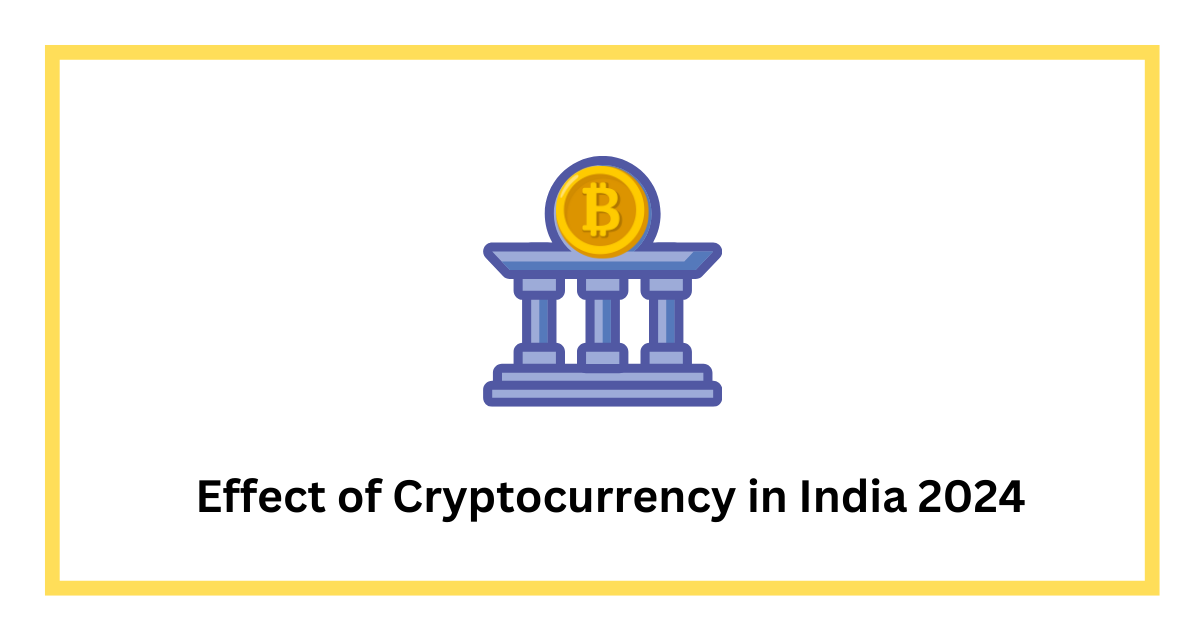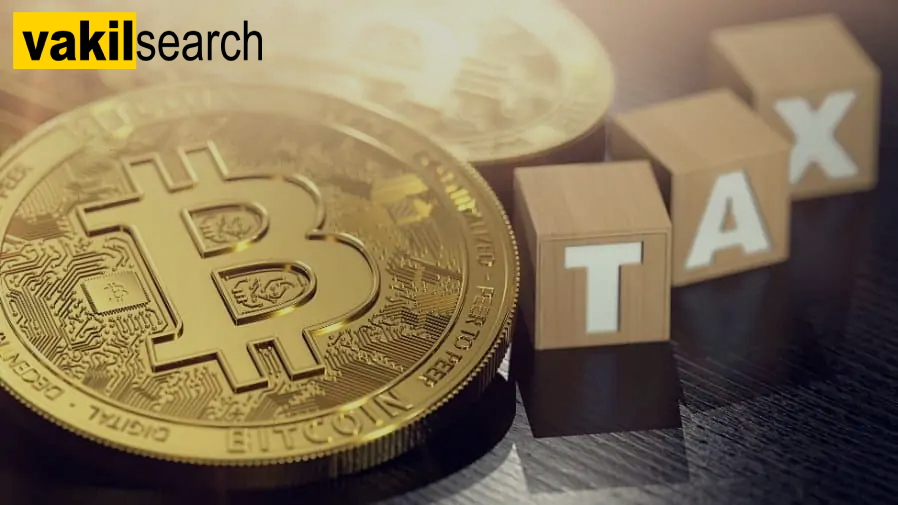In a developing country like India, cryptocurrencies have a great potential to alter the financial status of both individuals and firms. Cryptocurrency can reduce transaction costs and processing time which will help cross-border payments. This is beneficial to remittance payments, foreign trade, and peer-to-peer financing.
India is one of the world’s fastest growing cryptocurrency markets. According to a recent report, the cryptocurrency in India is growing the fastest worldwide. Its rate of development has been dramatically accelerating in recent years, outpacing that of certain other nations.
The government is not yet convinced about cryptocurrency in India. The government and the central bank of India are concerned about the various adverse effects of cryptocurrency. One among them was the role that crypto assets could play in supporting terrorism and money laundering.
Cryptocurrency in Payments
According to CNBC, Bitcoin is the most well-known cryptocurrency. Since the beginning of 2021, the value of digital currency has increased by almost 70%, propelling the total market value of cryptocurrencies above $2 trillion.
Many firms around the world have started accepting cryptocurrency as a mode of payment. Goldman Sachs started to accept cryptocurrencies. The first significant cryptocurrency company to go public was Coinbase in April 2021, and the first Bitcoin-related U.S. exchange-traded fund appeared in October.
Future of Cryptocurrency in India
According to the Global Crypto Adoption index furnished by Chainalysis, the worldwide use of cryptocurrencies will increase by 880% in 2021. India ranked second after Vietnam, with an index score of 0.37.
The Indian cryptocurrency market increased by 641% in a single year. The global cryptocurrency business has a lot of promise and is developing quickly. It appears to be a potential sector for India as well.
The probability of cryptocurrencies replacing fiat money is relatively low. Instead, there can be a peaceful coexistence of cryptocurrencies and fiat money in the future. It will help individuals and firms use any money they choose for various purposes.
Where is Cryptocurrency Heading in 2024?
What will happen to the bitcoin market or the crypto future in 2024 and beyond is impossible to predict. More questions remain than there are solutions for it. But as the market develops, we’ll be able to make smarter investment choices by keeping an eye on a few key crypto trends.
The future of cryptocurrency in India for the next five years looks promising, and on the verge of dominating the crypto market.
List of Private Cryptocurrency in India
In today’s market, many private cryptocurrencies exist in India. Despite being the most popular cryptocurrency, government organisations still use Bitcoin.
Here is the list of private cryptocurrencies in India. They are
- Bitcoin (BTC)
- Tether (USDT)
- Ripple (XRP)
- Shiba Inu (SHIB)
- Litecoin (LTC)
- Elrond (EGLD)
- USD Coin (USDC)
- Ethereum (ETH)
- Ripple (XRP)
- Dogecoin (DOGE)
Digital Currency in India
India’s retail payments system has expanded significantly over the past few years. It has become more advanced and dynamic. The big payment space includes many payment operators, wallet firms, and providers to operators and card companies.
Reserve Bank of India (RBI) launched the first digital rupee project in India for the wholesale market recently. The Reserve Bank of India’s (RBI) central bank issues currency notes in the digital rupee, often referred to as the Central Bank Digital Currency (CBDC).
Although it is equivalent to banknotes, it is presumably easier, quicker, and less expensive because it is digital. Additionally, it provides every transactional benefit that other digital payment systems do.
Whether wholesale or retail, customers will always have access to the payment system. Indian clients’ direct payments enable real-time account settlements and lower transaction expenses. Using a digital rupee will also speed up foreign trading and do away with the need to open a bank account.
‘The digital rupee ideated by RBI will be generated through an advanced payment system that is affordable, accessible, convenient, efficient, safe, and secure and aims at further bolstering the digital economy. However, it should be noted that the concept of initiating digital currency is only to complement the existing forms of financial transaction and not replace them. It will provide users with an additional option for making payments while the existing payment system is still in place. Hence, it can be safely stated that digital currency will have no effect on general currency usage,’ said Rachit Chawla, CEO of Finway FSC
Conclusion
Nowadays, in India, people can transfer money digitally in various ways. It depends on the user’s needs. The digitisation of money is one of the most exciting aspects of the transformation of the payment system. It is the advent of actual digital currency for the Indian economy.
The flow of money, or how quickly it moves through the economy, is a gauge of its dynamism. The velocity increases as economic growth increases. The impact of cryptocurrency on the Indian economy will be huge in 2024 and in the following years due to digital money flow.
The faster the transaction of the money, the better for India’s ambition of becoming a superpower with a significant GDP. The effect of cryptocurrency on the economy and India’s future will be powered by newer digital forms that are secure, convenient, safe, and simple to use.
The central bank of India’s upcoming digital currency will be a significant step in that direction. To learn more about digital currency and cryptocurrency, you can check Vakilseach.
Also read:
- What Are The Recent Supreme Court Judgment On Cryptocurrency Entails?
- Crypto Trading – Now Pay GST For it










